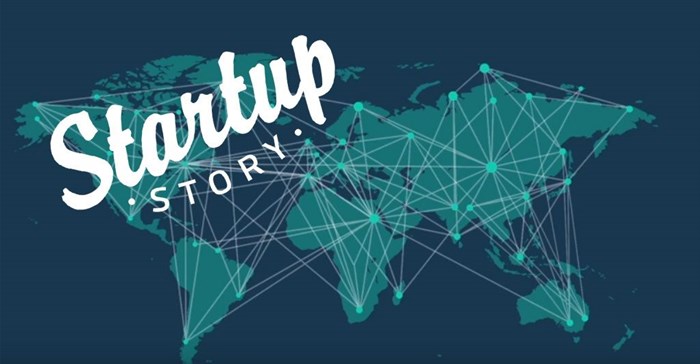
Top stories


Marketing & MediaAds are coming to AI. Does that really have to be such a bad thing?
Ilayaraja Subramanian 4 hours




More news
















In developing countries, while driving the data costs down, the BlockMesh network will free up a huge part of users' income, unlocking the entrepreneurial potential and generating new pockets of growth for the world economy.
According to the founders, in more developed parts of the world, BlockMesh will become a worthy competitor to established cellular data providers which in turn will boost the overall quality of services and drive the data prices down.
We chat to founder, Jason Griessel to find out more...
In our most basic form, we are a mechanism to provide free communication to those that cannot afford it. It's enabling inclusive access to communication.
Our startup is using frontier technology to achieve this. Those that can afford it are able to supply the communication mesh, whilst being rewarded for doing so, to those that cannot afford the high data and telecommunications costs. The users that cannot afford it utilise the network free of charge and everyone benefits. Our network is live and no longer just a concept, first communication has taken place using our technology and hardware.
Our initial concept was developed in 2014, cryptocurrency built on Blockchain then became a rewards alternative for compelling people to get involved and do good by supporting the network. It is our belief that we can effect meaningful change whilst returning value to everyone in our community.
We are African and we, therefore, understand the developing world. We have human capital that is focussed on delivering our vision. BlockMesh is actually a hardware company first and a software company second. Our value is tangible, relevant and has real-world use cases that have already been proved.
The saying “when days are dark, friends are few” springs to mind. The biggest struggle is going up against established industries that do not want their established markets to be tested, either by innovation or competitive services in market segments.
Our opinion is if you have the opportunity to effect positive change and the plan is sound, it will ultimately garner support. It does, however, take time to organically grow that support.
The support and startup space is growing. We would like to see predatory early capital, incubators that suppress talent and more opportunity for disfranchised Africans of all colours, creed and race.
Exactly what it says on the tin. Connect the unconnected, one mesh at a time.
For more, go to the BlockMesh website.
